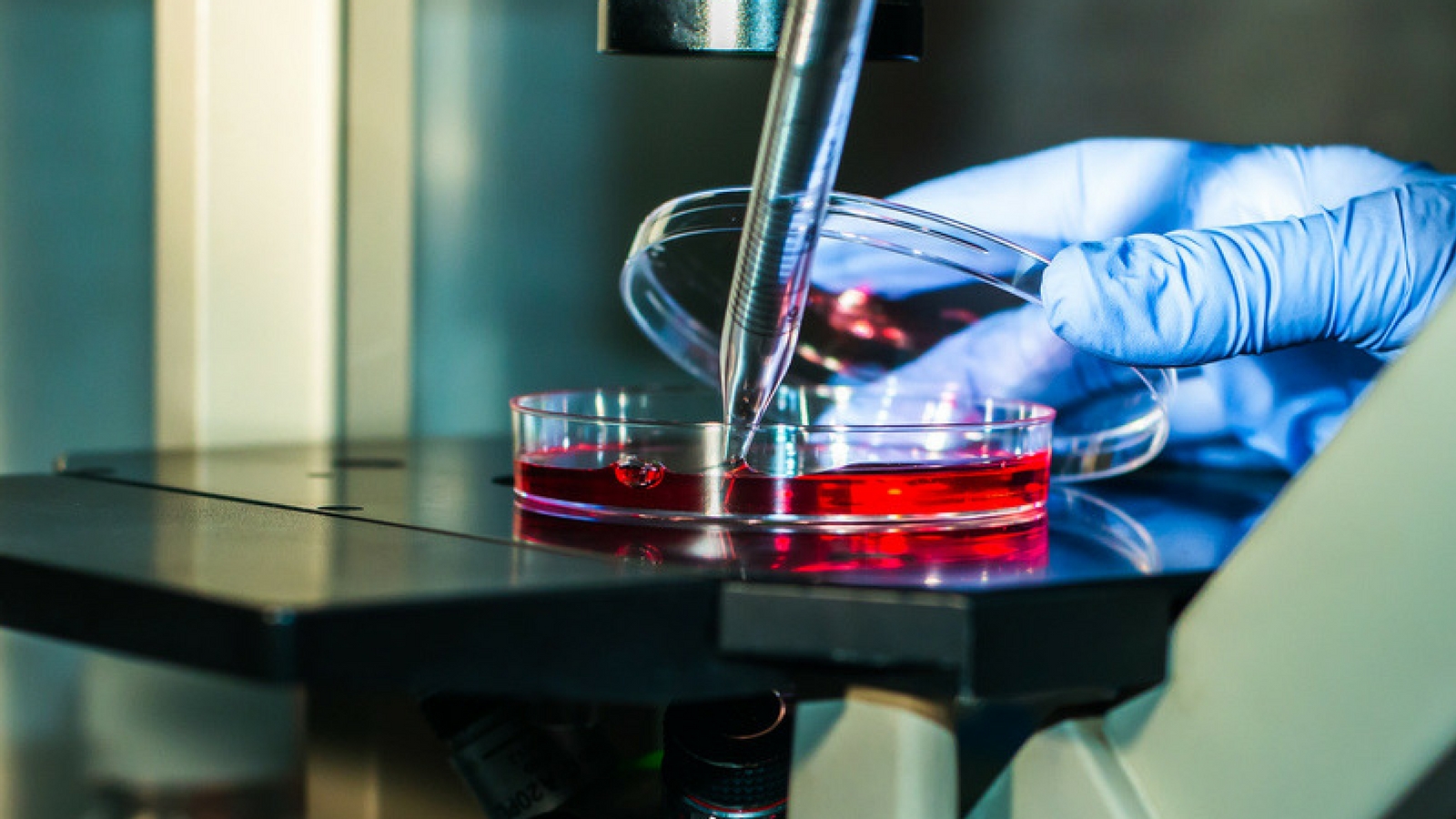A new single-dose fertility treatment currently being developed by Israeli researchers could improve both male and female fertility.
The groundbreaking technology based on a new telomerase-activating compound was developed by researchers at Ben-Gurion University of the Negev and will be licensed out for further development by the university’s tech-transfer company, BGN Technologies.
Prof. Esther Priel of BGU’s Faculty of Health Sciences led the research group in consultation with the In-Vitro Fertilization (IVF) Laboratory at Soroka University Medical Center in Beersheva.
The new treatment stimulates the expression of telomerase, the enzyme responsible for maintenance of telomeres (DNA sequences at the tip of a chromosome that affect the lifespan of cells in general and contribute to infertility). The treatment re-elongates the telomeres and protects cells from damage, thereby increasing cell viability and the likelihood of fertilization, embryo generation and implantation. It is applied as a single dose and dissipates within 24 hours.
The compound showed no toxic effects when tested on mice.
“We’ve evaluated the efficacy of the new compound in mice and found that a single dose greatly improves fertility in both female and male mice,” said Priel. “One dose speeds up egg maturation and ovulation, increases the number of ovulated eggs, and results in a larger number of viable offspring.”
“The compound also showed a protective effect on ovaries and testes of mice undergoing radiation, suggesting that it might be able to protect and improve the fertility of women and men undergoing radiation therapy for cancer,” she explained.
“The promising preclinical results and especially the fact that a single dose was sufficient to demonstrate the efficacy of the compound could lead to a highly accessible treatment option,” said BGN Technologies Senior Vice President of Business Development Ora Horovitz. “We are now seeking collaboration for further development of this promising treatment towards human clinical trials and commercialization.”
According to a report published by Technavio, the global fertility services market is expected to exceed $21 billion by 2020.

















